In 2007 the Brooklyn Public Library put Herges's Tintin au Congo under lock and key amidst complaints that it was racially insulting, among other things. Sure, you can still access it. With special permission and an advanced appointment. It was voted on by the library board to move it off the publicly accessible shelves and to the special collections room.
The context of this book? It was written nearly 80 years ago. If you look at the panels in that article, yeah, black people are not drawn all that nicely and yes, they do look more like primates, as those challenged suggested. But are people really thinking that if kids get a hold of something like this that they'll automatically think that black people are monkeys because of those drawings? Or will they ask questions like, "why do those people look like monkeys?" wherein the parents can step in and say, "it was ignorance of people in the past and we know better now." Is that so bad? Or are kids not allowed to ask questions? Is it better to not expose them to lessons? They're smarter than what people give them credit for. They'll understand a lot better if parents were actually parents and did the work required of their position to properly educate their children instead of shielding them completely from the horrors of historical ignorance. Learning from history is a good thing. Minimizes repeats and such.
Banning books is like the abortion debate. With abortion, it needs to be an all or nothing thing. Because once you start prohibiting one aspect of abortion, the slope can slide into the others. It's the same thing with book banning. If you ban everything that people consider offensive in one way or another, what's going to be left? Should libraries not allow Mein Kampf because it was written by Hitler and we all know what that's about? Or should it be out there for people to read and go, "holy shit, the guy was fucking nuts!" Is it the sympathy factor people are worried about? That if someone reads Hitler's book that they're going to sympathize with his "plight" and somehow re-indoctrinate that rabid hatred? Do people really think we're that stupid?
Another interesting aspect of that same article is the actual numbers from banning. Within 43 Texas school districts, 27 books were BANNED, meaning made completely inaccessible, from school libraries in the school year 2007/2008 alone. I guess that kind of invalidates the numbers the tools over at Safe Libraries insist on spouting off about no books having been banned within the last 50 years. Unless they're using Bush math where things like 9/11/2001 didn't fall within Bush's reign as
So remember, books are being banned, meaning being made completely inaccessibly to people, not just under lock and key by appointment, every year. In the words of Carlos Menica, dur dur dur.
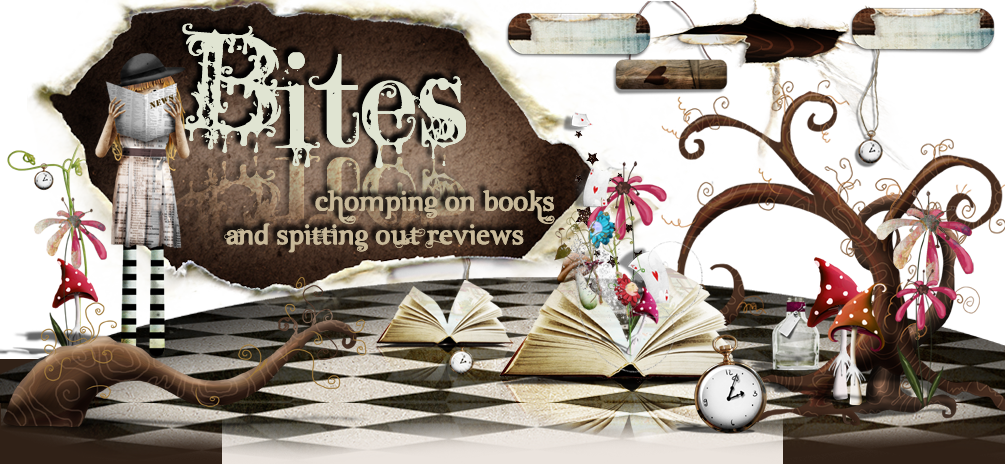

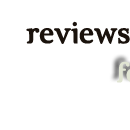
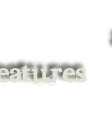
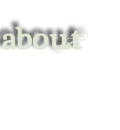





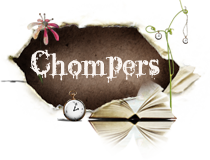
3 comments:
If we can't read it then what's the point of having it in the library? Jeez it had to be Brooklyn, I'm from there lol...they make no sense sometimes! Tu do rooo [I tried to do it the way Carlos Mencia does it lol]
LOL! Yeah, it might as well not be available at all if it's under that close guard.
I still can't get over some of these book bannings. Sure, there are cases where I might share trepidations over a book, but never to the point of banning it from everyone else's eyes. And then there are the cases of banning long established and cherished books. Recently, an Ontario principal banned "To Kill A Mockingbird" over a single complaint about the n-word. Yikes.
Post a Comment